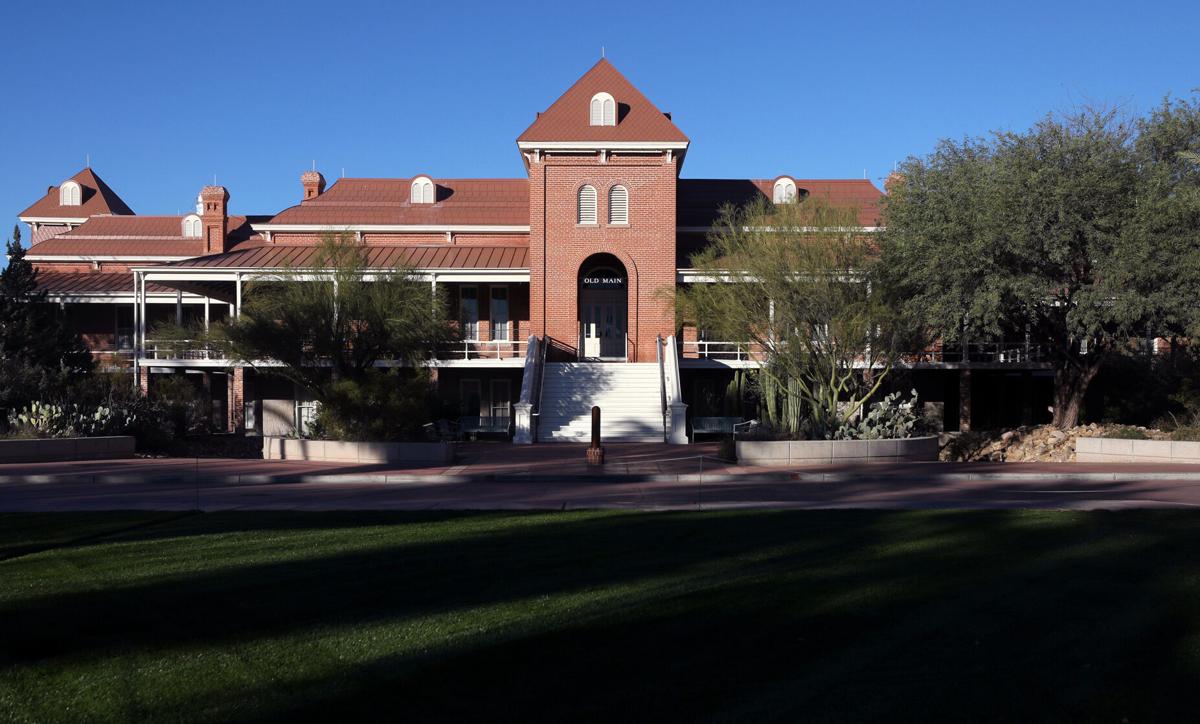A legislative proposal seeks to reduce the power of shared governance bodies in the state’s public universities amid growing tension between the University of Arizona’s Faculty Senate and the Arizona Board of Regents.
The House Appropriations Committee approved the bill Wednesday afternoon by a vote of 10 in favor, five against and two present.
The measure, sponsored by Republicans Travis Grantham of Gilbert and David Livingston of Peoria, would require ABOR and university presidents to “consult” rather than “share responsibility” with faculty regarding educational and personnel matters.
Grantham told the committee the bill was partially inspired by the UA financial crisis.
“Shared governance is not how the universities are supposed to operate,” Grantham said.
“Shared responsibility” became a state law in 1992 with the passage of ARS 15-1601B, which stated that “the faculty members of the universities, through their elected faculty representatives, shall share responsibility for academic and education activities and matters related to faculty personnel.”
Often the Faculty Senate at the UA, for example, not only recommends academic curricula and personnel policies, but also works on the strategic and financial planning processes at the university and develops policies and procedures relative to the UA’s general operations.
Speaking in support of his bill, Livingston said the UA was “risking” receiving funding from the state of Arizona because of its shared governance model. He said the bill is “critical” in importance and that Democratic Gov. Katie Hobbs “needs to support (it) publicly.”
Some representatives were vocal in their concerns, however.
“Clearly there needs to be central governance,” said Rep. Nancy Gutierrez, a Democrat representing parts of Tucson. “But the faculty of the UA are coming to me saying they’re not the ones that created the problem, and they don’t want to be cut out of the process.”
Leila Hudson, chair of the UA Faculty Senate, explained in an interview Tuesday why she opposes the bill.
“Shared governance is an academic tradition going back hundreds of years,” she told the Arizona Daily Star. “To abandon this model in favor of the rule of non-experts who, in our case, have little understanding of higher education with demonstrably catastrophic consequences will imperil not only the heart of our communities but also the engine of our regional economies and the freedom of thought and analysis that is the basis of western civilization.”
Tensions between the UA Faculty Senate, which leads shared governance efforts, UA leaders and ABOR has been building since November, when UA President Robert C. Robbins told the regents the university is in a financial crisis.
As the UA deals with a $177 million deficit, many faculty blame ABOR for a lack of oversight in decisions made by Robbins. ABOR appointed John Arnold, its own executive director, to serve as the university’s interim chief financial officer, raising concerns from faculty senators as well as Hobbs about a potential conflict of interest. Hobbs sent a letter to ABOR leaders stating “I no longer trust the process that is in place.”
Livingston, co-sponsor of the bill, said it will help to centralize leadership, something Robbins has repeatedly stated he is trying to do at the UA.
Gutierrez fired back that the bill was an “overreach.”
“I don’t think we’re here, respectfully, to do (Robbins’) bidding,” she said. “I’m representing the people of Tucson who work for him and they’re saying they don’t want him to have the ultimate responsibility without sharing governance with them.”
Tim Dunn, a Republican representing parts of Maricopa and Yuma counties, voted for the bill but stated he “knows the faculty is not going to be happy.”
One of those faculty members is Ted Downing, a longtime research professor at the UA who is a former member of the Legislature. In an interview with the Star, he called the bill “incredibly stupid.”
Downing was on the team that pushed through the original shared governance bill in the 1990s, and said he was proud of the “bipartisan effort.”
“This bill is a joke,” he said. “But if it passes, it will make the fiscal crisis look like a picnic.”
“No university can run with this model,” he said. “Lord knows what will happen. This is the craziest damn thing I’ve ever seen.”
Get your morning recap of today's local news and read the full stories here: tucne.ws/morning





